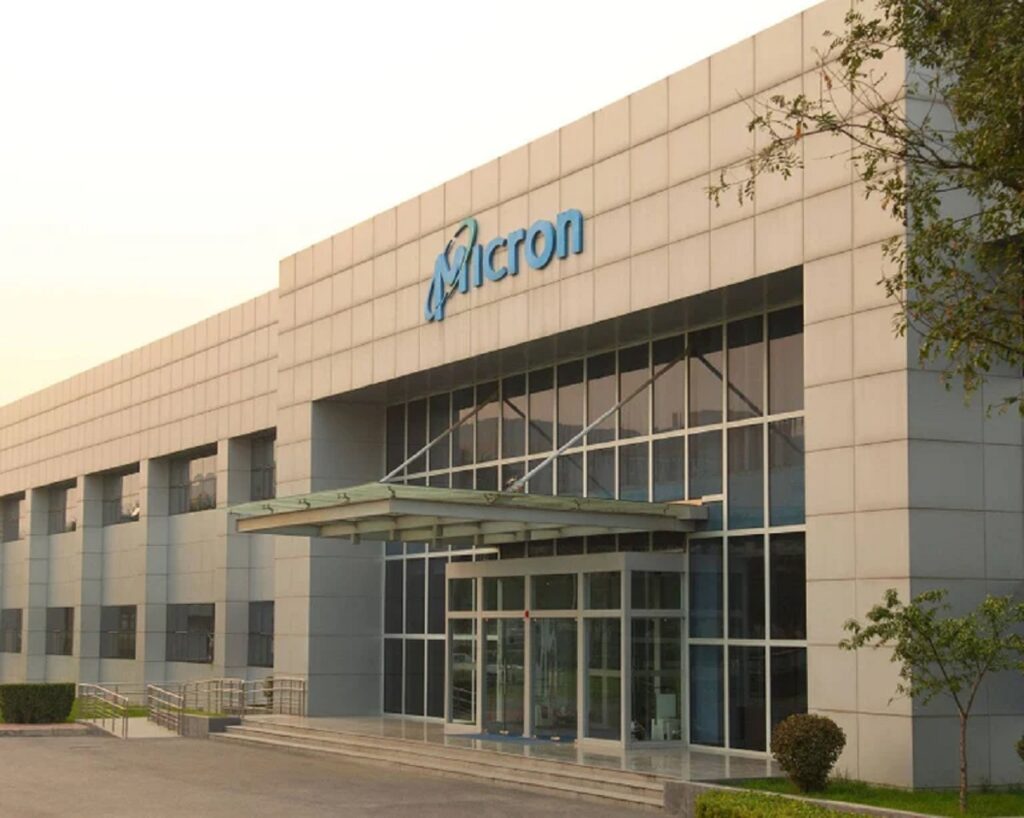The ongoing technological war between the United States and China continues to heat up, and in the latest round, China has taken a bold step that has left the U.S. reeling. With a strategic move aimed at one of America’s biggest technology giants, China has dealt a significant blow that may have serious implications for the global tech landscape.
The U.S. Launches Unrestricted Attacks
For months now, the U.S. has been aggressively curbing the flow of key technological components to both Russia and China. At the heart of this strategy are semiconductors, the essential components that power virtually every device and system in modern life. These chips are crucial for advancing sectors like artificial intelligence (AI), and the U.S. government has moved swiftly to restrict their export to its competitors.
The Biden administration has also pushed to prevent American companies from manufacturing these critical components in China, implementing higher tariffs on those who do. The rationale behind this move? To protect national security and prevent China from benefiting from advanced technologies that could be used to undermine U.S. interests. The U.S. even went as far as stating that companies receiving funds to produce these components must not use them for investments in China or to develop cutting-edge technology within the country.
As expected, this tactic has raised a fair amount of criticism, particularly due to the reliance many companies have on China’s cheap labor and manufacturing infrastructure. But with the increasing concerns over global security, these trade restrictions are now seen as necessary for safeguarding American technology.
China Strikes Back

In response to the U.S.’s aggressive moves, China has taken an equally bold step by targeting one of America’s largest chipmakers: Micron Technology. The Chinese government has announced that Micron will now be subject to a security review, citing concerns over the company’s products potentially jeopardizing national security.
Micron, based in the U.S., is a major player in the semiconductor industry, specializing in storage solutions such as hard drives and SSDs. In a statement, China’s Cybersecurity Administration claimed that the company’s products presented “serious risks to the security of networks” and posed a threat to the critical information infrastructure of the country.
This move is being seen as China’s response to the escalating tensions between the two nations over technology. It is the first time China has directly targeted a major U.S. chipmaker, and it shows that the economic rivalry between the two superpowers is intensifying. The U.S. had long believed that it could control the global semiconductor market, but China’s move to block one of its top companies serves as a reminder that Beijing has powerful leverage of its own.
The Implications of China’s Action
While the specific products from Micron that are allegedly causing security concerns were not disclosed, it’s clear that China’s action is part of a broader strategy to regain control over its technological independence. The Chinese government has long sought to build a self-sufficient semiconductor industry, and with this move, it has sent a strong message to the U.S. that it is willing to fight back against external pressures.
For Micron, this decision could be devastating. China is one of the largest markets for semiconductor products, and being locked out of this market could have far-reaching consequences for the company’s bottom line. However, as is often the case with international trade and technology, the situation is far more complex than simply a corporate dispute. This is a proxy battle between two of the world’s most powerful nations, fought through corporations like Micron and Huawei, each of which becomes a pawn in this high-stakes game.
A High-Stakes Game of Global Politics
Ultimately, both the U.S. and China are locked in a high-stakes game of technology and power. Each nation is leveraging its corporate giants as a means to push back against the other’s economic influence. While companies like Micron are caught in the crossfire, these battles have broader implications, affecting everything from global supply chains to national security.
The question remains: how much longer can these two global powers continue to engage in this technological cold war before the costs of these moves become too great? As the situation continues to unfold, one thing is clear: the future of global technology and innovation will be shaped by the decisions made in this fierce rivalry. Both nations are fighting for control of the future, and the economic ramifications are sure to be felt for years to come.






